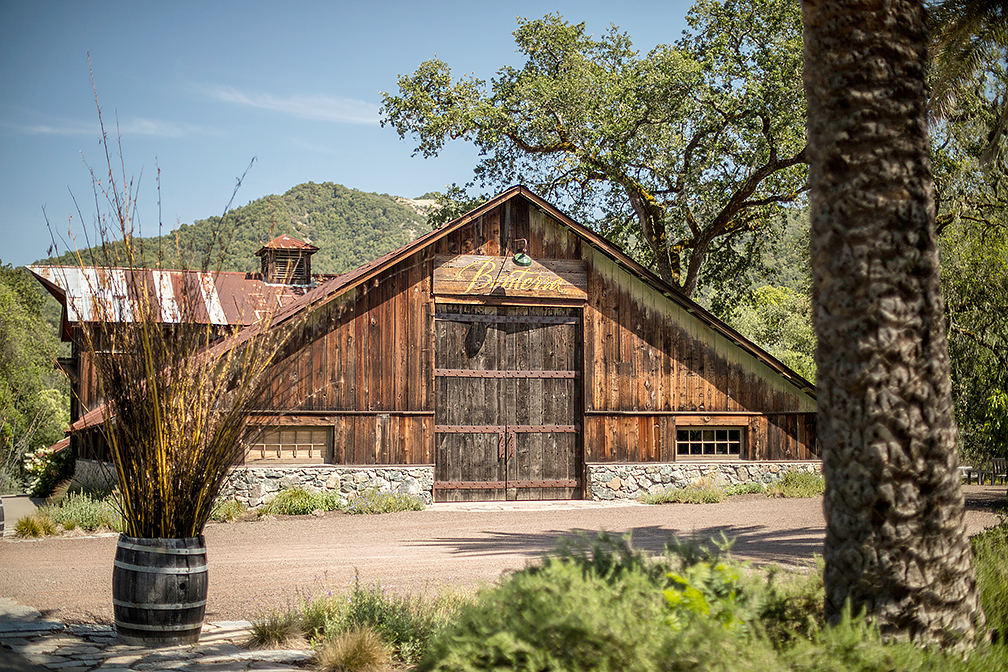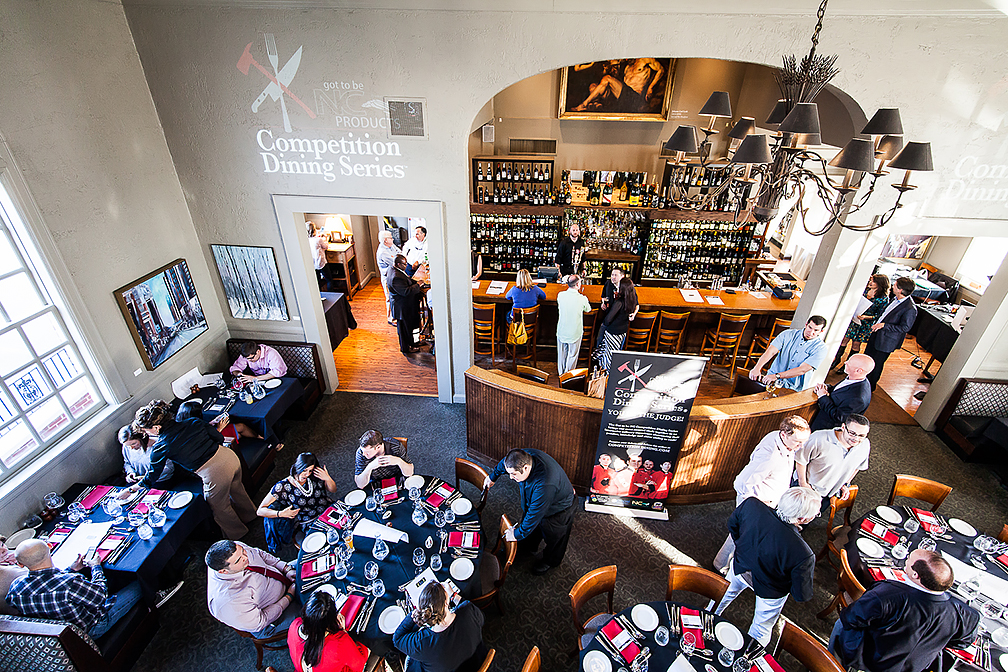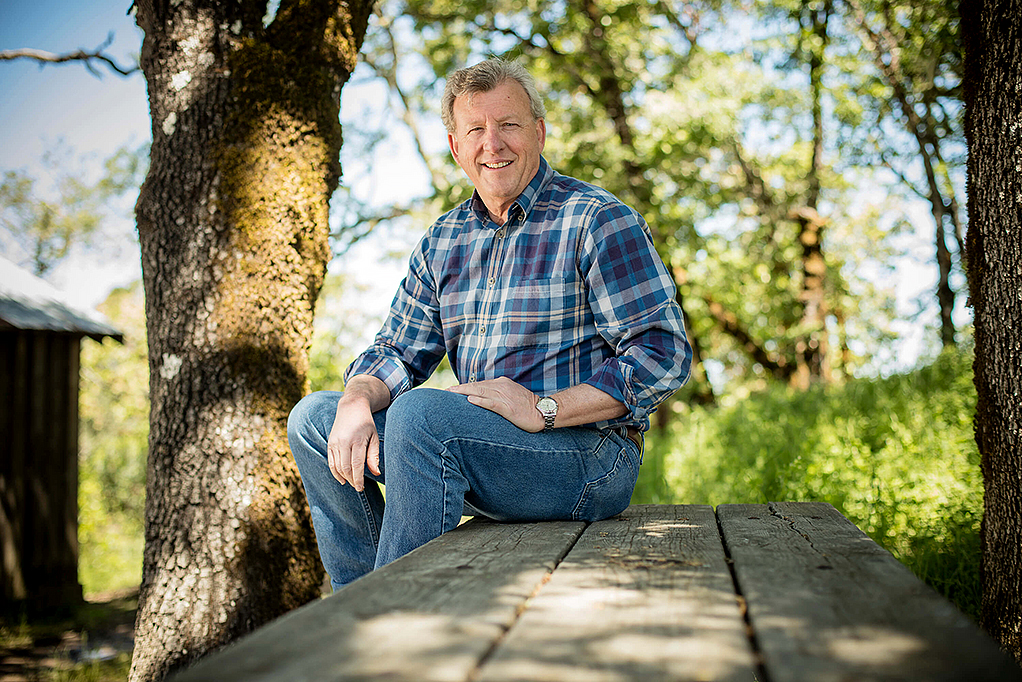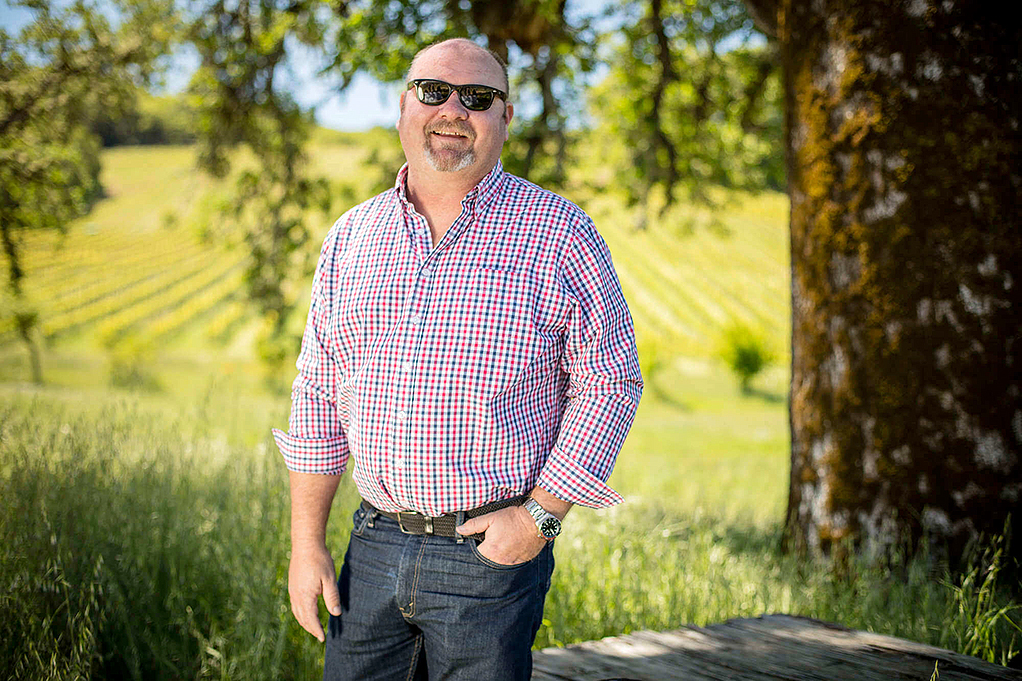Pale straw color; orange blossom, honeysuckle, tangerine, jasmine on the nose; grapefruit, nectarine, apricot, lemon, spice on the palate.
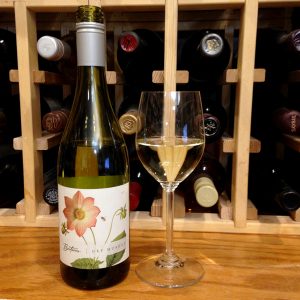
Dry—really dry, zero residual sugar. Expressive fruits in the mouth; good acidity (3.47 pH). Lemon and grapefruit highlight the mid-palate and finish. There are four varieties of muscat grapes, with muscat blanc and muscat of Alexandria the most planted. Muscat Hamburg is a third, but it works better as a table grape, which is a point of distinction for muscat. Very few wine grapes also work as table grapes. My assumption is this is made with muscat blanc, although label and website do not specify.
If you imagine muscat/moscato is an overly sweet wine, this is slam-dunk repudiation of that myth. This is bone dry—no residual sugar at all. It also demonstrates how fruitiness and alcohol can fool your palate into tasting some sweetness. At 13.5% ABV, this is average to slightly above average alcohol. Combined with vivid fruits, there is sweetness illusion, but that dissipates in the mid-palate and finish, where the acidity and tart fruits announce their presence.
Bonterra is label of Chilean wine giant Concha y Toro. Concha y Toro acquired the winery in 2011 when they spent $238 million to purchase Brown-Forman, best known for Fetzer Vineyard but also owner of Bonterra Vineyards. The new owners upped the Bonterra game.
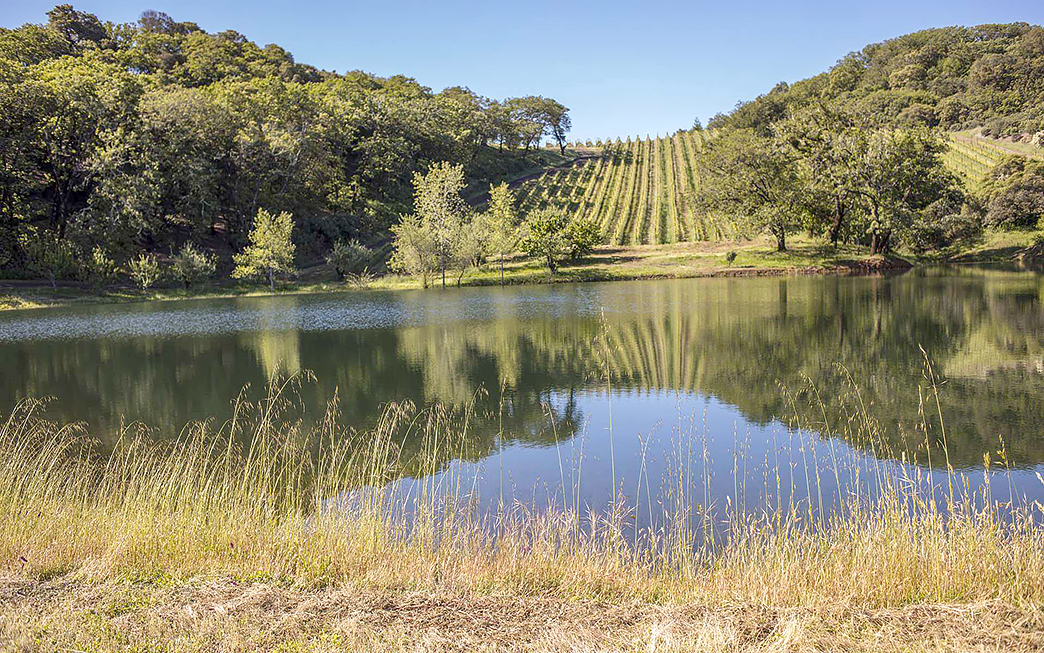
Bonterra admirably focuses on organic and sustainable agriculture. “We plant native flowers around our grapes to attract beneficial bugs, and welcome songbirds and chickens into our vineyards to eat up the pests,” they announce on their website. “We even employ sheep to mow between the vines. In our vineyards, every living thing is connected and we all work together to create pure, flavorful wine.” Bob Blue is the founding winemaker. Jeff Cichocki is the lead winemaker on this effort.
Bonterra not only commits to organic and sustainable, they also go the extra mile into biodynamic farming, sometimes called voodoo viticulture, but—regardless of the put-down—biodynamic consistently produces quality wine. The Bonterra website explains: “systems function together to create a single living organism: the farm as a whole. We farm our Biodynamic ranches striving to achieve this ideal with as few external inputs as possible. Biodynamic farming is a holistic view of agriculture with high awareness of the interconnectivity between earth, plants, animals, humans, the moon and planets.”
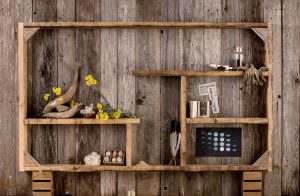
Bonterra Dry Muscat, Lake County 2017 is bone-dry expressive of muscat grape. Delicious fruit, easy drinker, layers of flavor, nice acidity and tartness on the finish. There is a parade of pleasure in this well-made, intriguing muscat effort. Taste some and demolish whatever muscat prejudices you ever had in your life. Pairs well with spicy Asian cuisine; garden salads and garden salads with fresh fruit elements; pasta with seafood; light fish. Also works as an aperitif. $16-18
Click on the link to the Bonterra website below to get a more complete appreciation of Bonterra and its commitment to biodynamic farming practices and biodynamic in general. Also, there are other very interesting video links.
Video about Bonterra and organic/biodynamic farming
Video about Bonterra and organic/biodynamic farming
Video about Bonterra and organic/biodynamic farming
